Fix Your Garage Door Before It’s Too Late
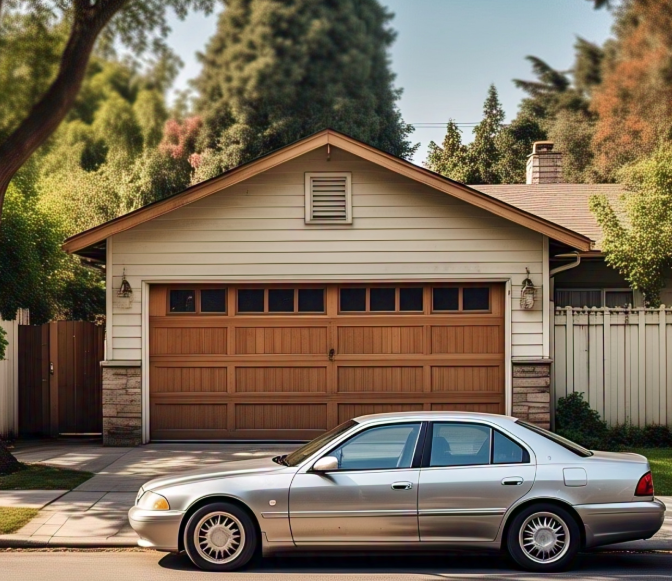
Nobody thinks about their garage door until it suddenly stops working at the most inconvenient time. Emergency garage door repair Ontario services have seen a significant increase in calls during extreme weather conditions when doors are most likely to fail. Your home’s security and accessibility depend on this large moving component functioning properly, making timely […]
Unlock Garage Safety With This Simple Fix
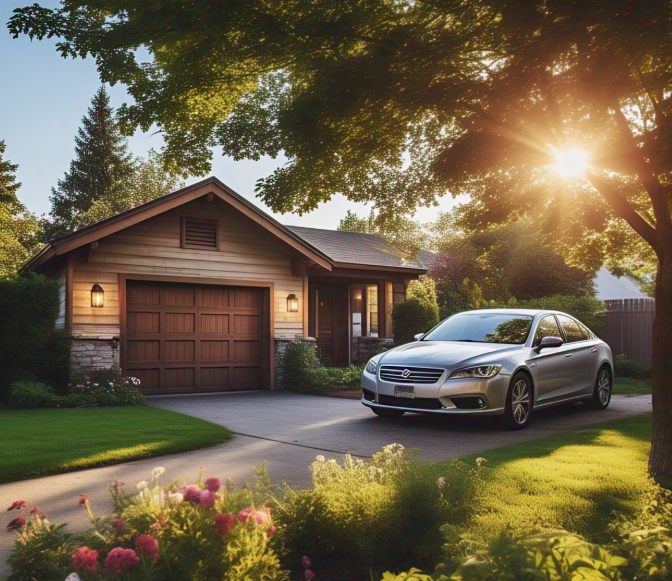
Garage door malfunctions can pose serious safety risks to your family and property. Professional garage door repair Toronto services recommend regular maintenance as the best way to prevent dangerous situations and costly emergency repairs. Your garage door is the largest moving component of your home and deserves proper attention to ensure it functions safely and […]
Is Your Garage Ready for Spring Storms? Common Issues and Fixes
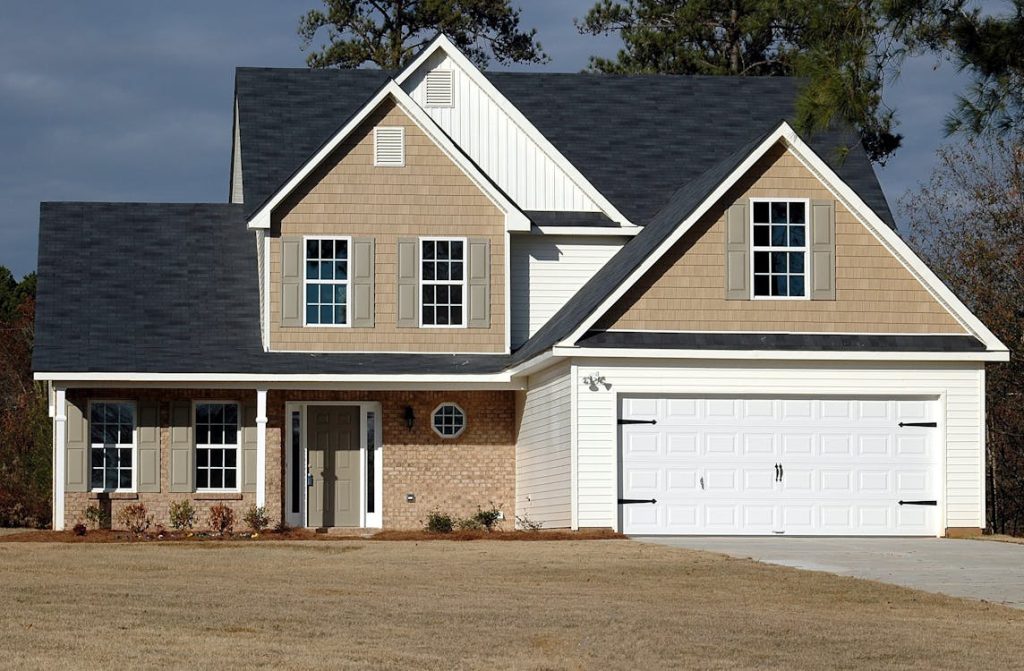
Spring in Toronto brings renewal and fresh energy, but it also comes with its share of challenges—particularly when it comes to protecting your home from seasonal storms. Your garage, often overlooked in home maintenance routines, can be especially vulnerable to spring weather patterns. Taking preventative steps now can save you from costly repairs and headaches […]
Avoid These Costly Garage Repair Mistakes in 2025
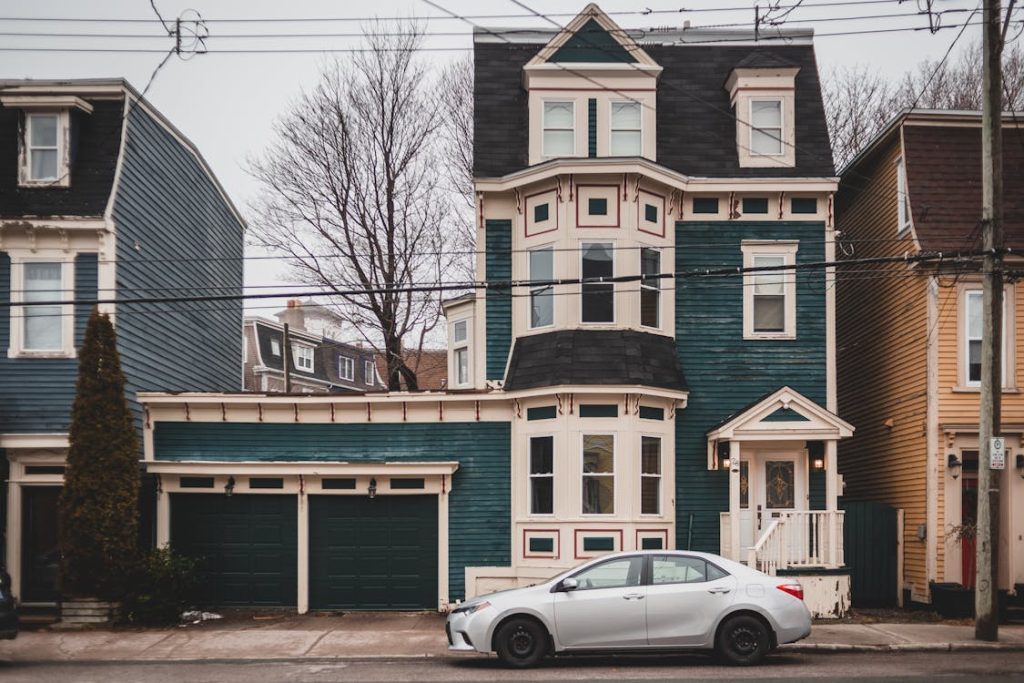
This winter, protect your home investment by avoiding common garage repair mistakes and hiring a professional in Toronto to keep your garage door in top shape. Believe it or not, regular car garage repair and maintenance will save you thousands. Common Garage Repair Mistakes Homeowners Make Many homeowners unknowingly worsen garage door issues by attempting […]
Fix Small Garage Issues Before They Get Worse
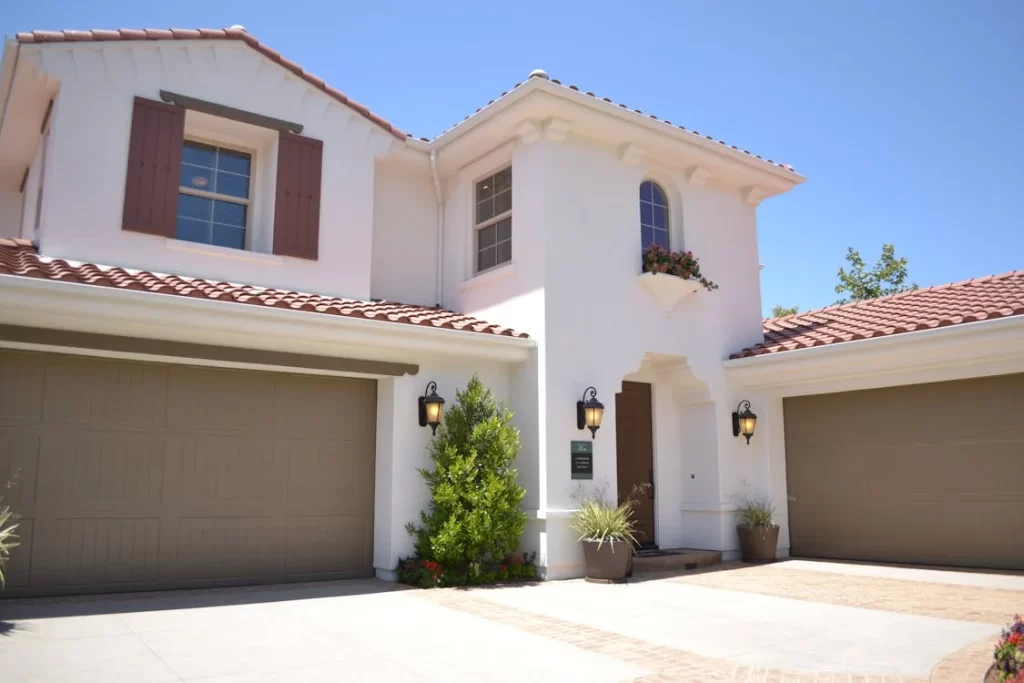
Your garage door is one of the most important parts of your home, yet it often gets overlooked. Small issues can quickly turn into costly repairs if ignored for too long. Whether you’re a Toronto homeowner or a business owner with a commercial garage, a professional inspection from the best garage repair technicians can save […]
Winter Garage Door Repair: Avoid These 6 Common Mistakes
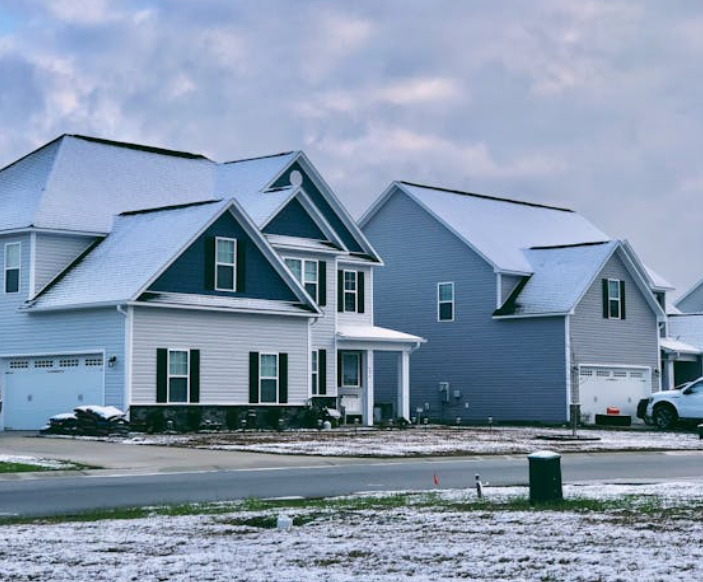
Toronto winters present unique challenges for homeowners, particularly regarding garage door maintenance. The extreme cold, fluctuating temperatures, and heavy snow can transform a simple maintenance task into a potential home repair nightmare. Garage doors are complex mechanical systems requiring careful attention, especially during harsh winter. Overlooking critical garage door maintenance steps can lead to costly […]
Restore Garage Door Performance with Expert Repair

When dealing with complex garage door issues, seeking the expertise of a professional repair technician is crucial. While some homeowners may attempt DIY repairs, the safest and most efficient solution lies in hiring a qualified professional garage repair service. Here’s why. What to Expect from Professional Repair Services The Cost and Benefits of Professional Repair […]
Get Your Garage Door Back in Action
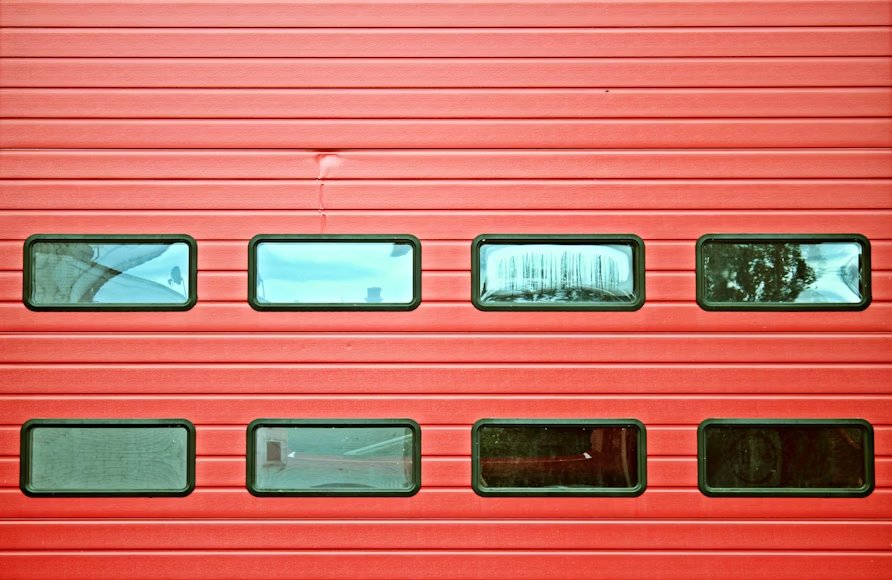
Your garage door is an essential component of your home, providing security for your vehicles and belongings. However, over time, it’s common for garage doors to experience malfunctions. In this guide, we’ll walk you through diagnosing common garage repair door problems, understanding when to tackle DIY repairs, and the importance of prioritizing safety when dealing […]
Bitter Cold, Tough Repairs: What Your Garage Needs
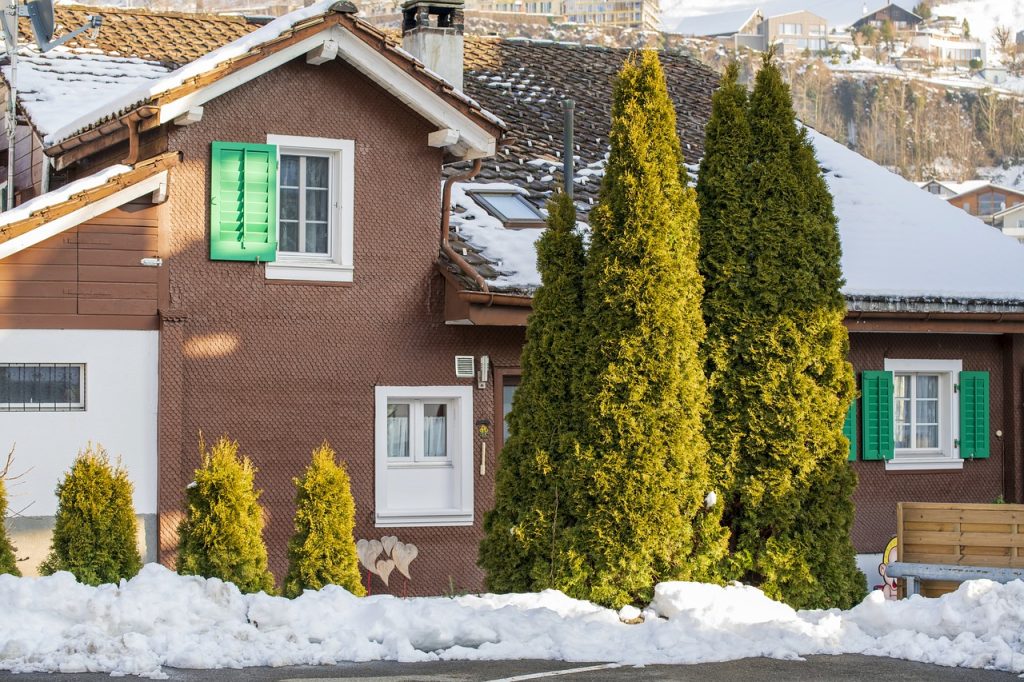
With Toronto’s bitter cold, your garage becomes more than just a space to park your car; it’s a buffer zone between the harsh outdoor elements and the comfort of your home. Save on average house repair cost with planning. Proper insulation is crucial to protect not only your vehicles but also any items stored in […]
A Guide to Winter Garage Repairs
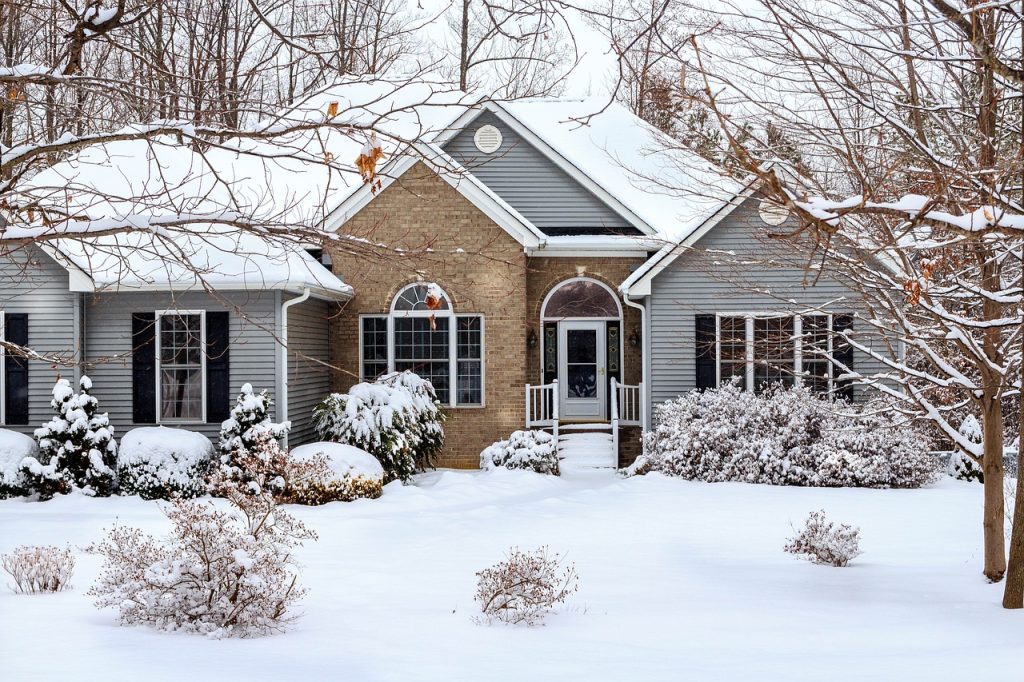
As the cold weather creeps in and the winter season is in full force, it’s important to make sure your garage is ready to handle the harsh conditions. From checking the insulation to fixing any leaks especially for garage big window design or older garages, there are several repairs to ensure your garage is in […]
